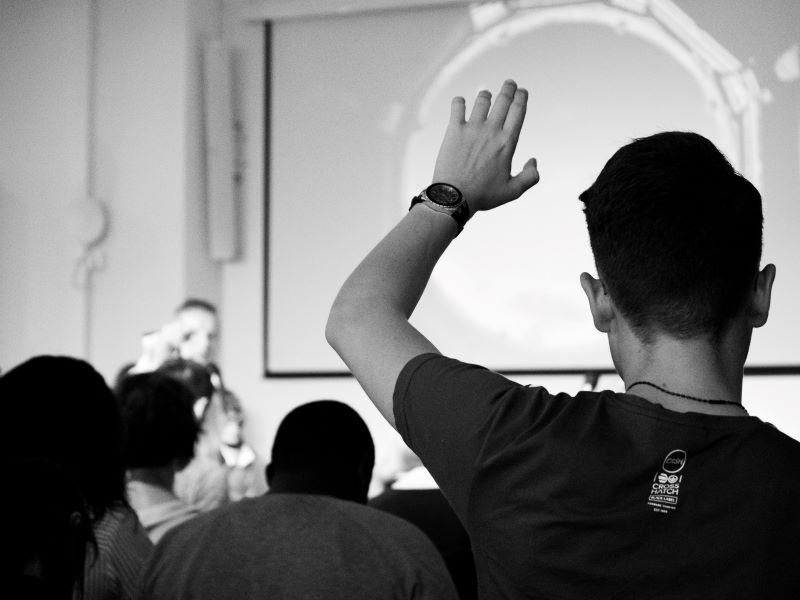Connecting students’ learning to current events is an important step to facilitate transformative learning. The recent Voice referendum in Australia offered law educators at the University of Adelaide an opportunity to combine learning with public advocacy.
Engage with a contemporary issue
In October 2023, Australians voted in a referendum on whether to change the constitution to create an advisory body (a “Voice”) that would give advice to the federal parliament on matters affecting Indigenous people, Australia’s most disadvantaged citizens.
- A plan to prevent disengagement
- Contextual learning: linking learning to the real world
- Sparking online joy: five ways to keep students engaged
While the constitutional change proposed was relatively simple in legal terms, the social politics were significantly more complex. Australians have little experience with referendums – the last one took place in 1999, and the last successful one in 1977 – so the event provided law students with an opportunity to learn about and inform the public on constitutional law and society in a real-world context.
A special elective programme was trialled from November 2022 until the date of the referendum. As part of their law course, students became part of a community of practice, which educated itself on the issues, developed strategies to disseminate information to the public and put these strategies into practice.
Equip your students with skills for the future
The rapid escalation of artificial intelligence requires a rethink of approaches to teaching and learning. Traditional written research assignments are no longer the best way to test skills or prepare students for the workplace. Other ways to engage students and equip them with 21st-century skills need to be explored.
From the outset, the elective was enthusiastically picked up. Students each brought their own skills to the project, ranging from branding to web page creation and podcasts. A deeper understanding emerged not only of the constitutional change involved, but also of the societal dynamics at play.
For most students this was a first opportunity to “practise law”, as they engaged with members of the public as experts in the subject.
Communicating the subject matter meant developing the means to deliver a legal message broadly to a general audience. They came to call this project Heart to Heart.
Challenge traditional methods
The students’ enthusiasm, and the breadth of the work involved, brought new challenges. While I am expert in Australian Constitutional Law, I am not a digital native and the role of developing websites and podcasts fell to the students themselves.
The need for individual guidance – and subsequent workload and contact hours – was increased significantly as I sought to act as adviser and mentor, in a process intended to drive student self-learning.
Assessing such learning was a chance to challenge our traditional assessment methods and engage in new and more flexible approaches – perhaps better suited to our evolving pedagogical needs in the age of AI.
Individual students or teams completed a project proposal early on and supplied a project report at the end. Each student also created a social media post aimed at informing the public.
The Heart to Heart projects the students created varied from community presentations to information stalls, a website, social media, a podcast series, public events, kitchen table conversation guides and branding, among other things.
Student Experience of Learning and Teaching feedback on the project said that the elective “allowed us to make a real impact and contribute to society. We learned by doing, conducting research and coming up with solutions to develop critical thinking and problem-solving skills.”
Look to the future
While this could be considered a “once-in-a-generation” opportunity to engage students in this way, there could be many such opportunities, related to our area of expertise in a law school or across faculties where a need to engage the public exists.
Big issues, which need expert answers and communication and that students care about are ideal future candidates for similar elective projects.
Issues with a social policy element – public housing, transport, climate change, homelessness, disease prevention – are just a handful of examples.
I believe that projects such as Heart to Heart can result in far deeper student engagement and, additionally, inform the public, showcase the quality of students and raise the profile of the university as a provider of independent and reliable information in the community.
Cornelia Koch is a senior lecturer in the Adelaide Law School, and education specialist, Adelaide Education Academy at the University of Adelaide.
If you would like advice and insight from academics and university staff delivered direct to your inbox each week, sign up for the Campus newsletter.




comment